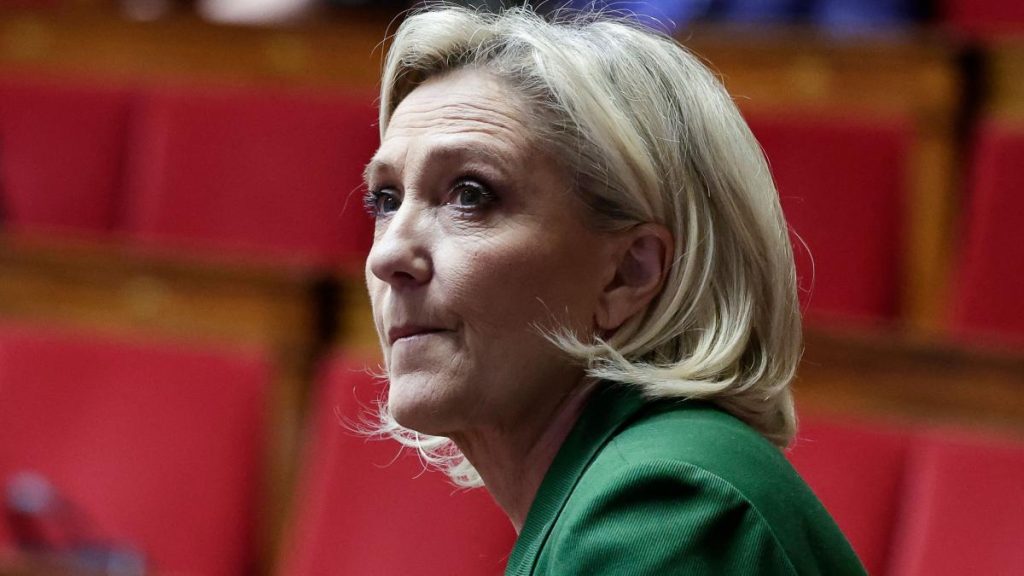The Alternative for Germany (AfD) has sparked controversy with an inquiry into the status of the French territory of Mayotte, angering the French right-wing populists led by Marine Le Pen. Le Pen criticized the AfD for questioning Mayotte’s belonging to France, stating that they should focus on Germany’s issues instead. The AfD had submitted a written inquiry in the Bundestag asking the German government to address UN resolutions stating that France must return the Mayotte island group to the Union of Comoros.
During her visit to Mayotte, Le Pen expressed her frustration with the AfD’s inquiry, emphasizing that the people of Mayotte have repeatedly expressed their desire to remain part of France through referendums in 1974, 1976, and 2009, leading to Mayotte becoming a French overseas department with the status of an outermost region of the EU. Despite this, the Comoros and the United Nations do not recognize Mayotte’s belonging to France. The AfD defended its inquiry, citing concerns about alleged German double standards in upholding international law.
The relationship between the AfD and the French right-wing populists within the Identity and Democracy (ID) group in the EU Parliament has been tense, particularly following a secret meeting in Potsdam in November 2023 that involved AfD politicians, members of the conservative Werteunion, right-wing extremists, and entrepreneurs. At the meeting, Martin Sellner, a prominent figure in the Austrian far-right “Identitarian Movement,” presented a plan for a mass expulsion of people with migration backgrounds, referred to as “remigration.” Le Pen distanced herself from the AfD after the meeting was revealed, hinting at a potential breakup of their shared faction in the EU Parliament.
The AfD’s inquiry into Mayotte’s status and the subsequent backlash from Le Pen and the Rassemblement National reflect ongoing tensions between the two right-wing parties. Le Pen criticized the AfD for intruding into French affairs and suggested that they focus on addressing German issues instead. The AfD defended their inquiry as part of a broader concern about international law and double standards, highlighting discrepancies in how referendums in various regions are recognized.
The comparison drawn by the AfD between Mayotte and the situation in Ukraine further exacerbated tensions, with Le Pen deeming the comparison as inappropriate and promising to educate her colleagues about geopolitics during her visit to Mayotte. The disagreement between the AfD and the Rassemblement National underscores deeper ideological divides within the right-wing political landscape in Europe, particularly within the ID group in the EU Parliament. Despite belonging to the same political faction, differences in approach and priorities have led to strained relations between the parties.


